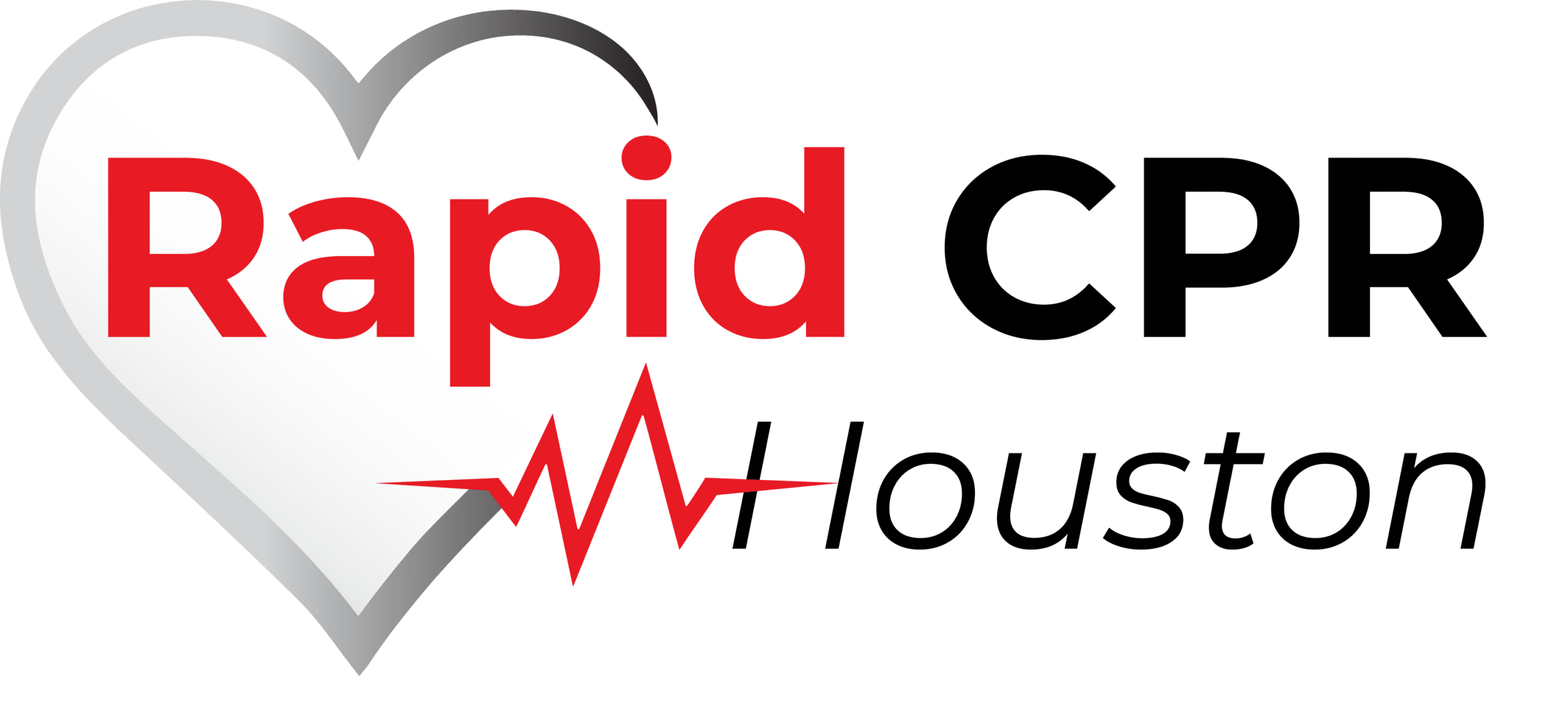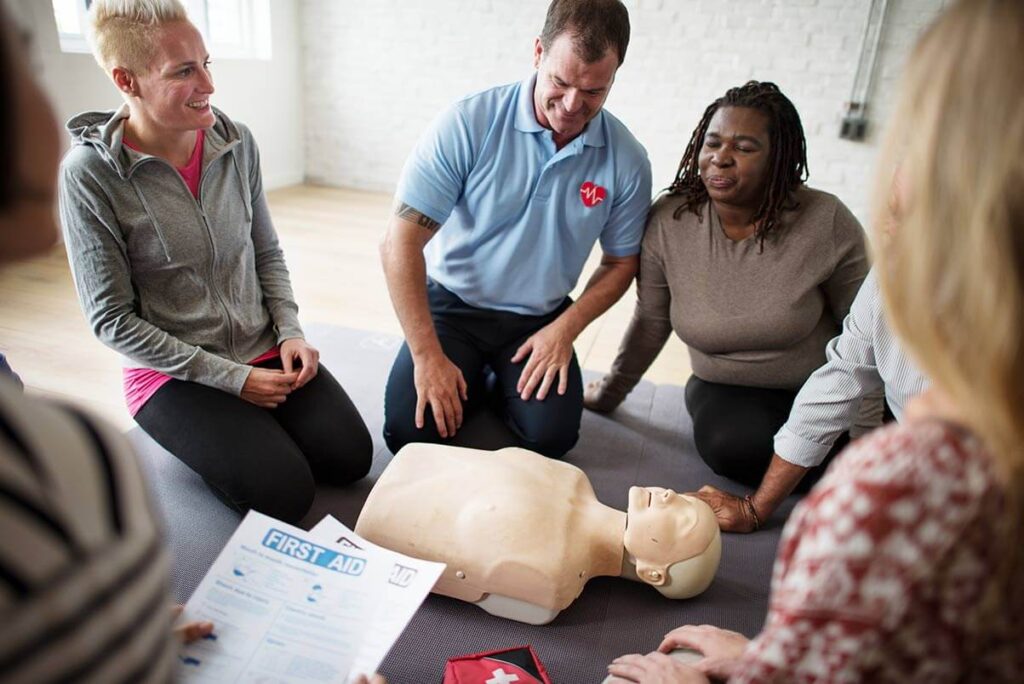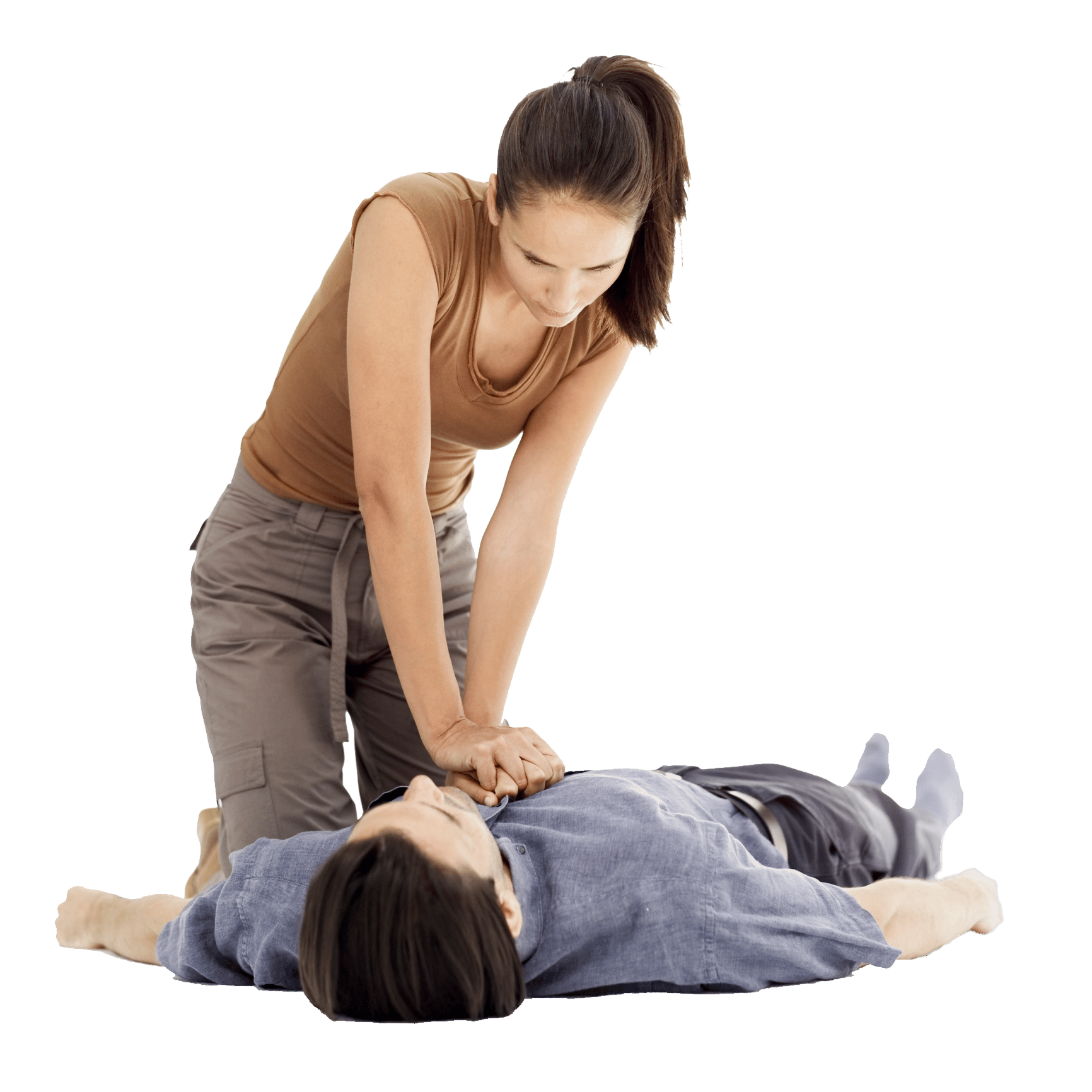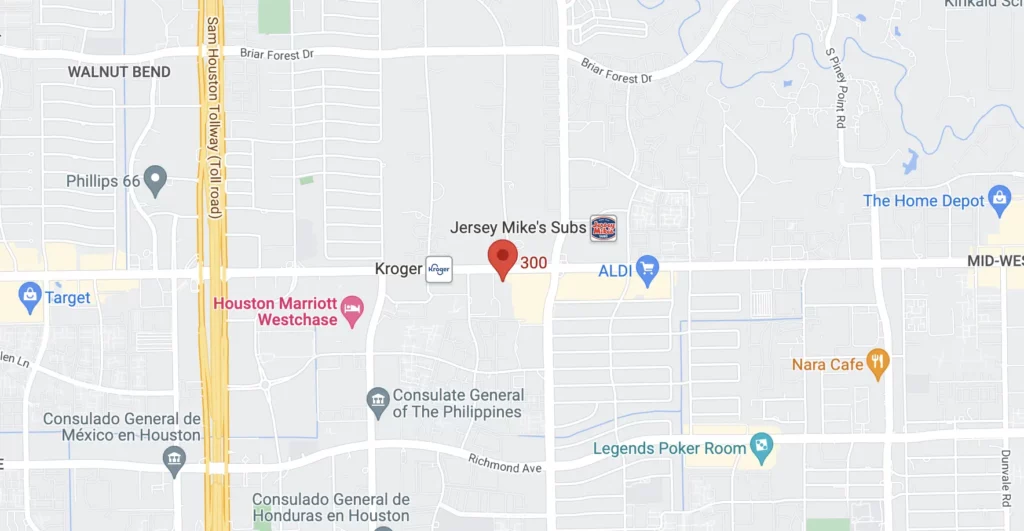Common Questions About CPR Certification
Many people find themselves wondering about CPR certification. Questions often arise about how the process works, who should get certified, and why it matters. Understanding CPR certification can be a bit overwhelming at first, especially with all the misinformation floating around. But getting clarity is important to ensure you’re well-prepared in emergencies. Whether you’re a parent looking to protect your family or a healthcare worker needing certification for your job, knowing the ins and outs of CPR certification can make all the difference.
The need for these certifications is more than just a formality. They prepare individuals to act quickly and effectively in emergencies, ultimately saving lives. That’s why it’s vital for everyone to grasp the fundamental aspects of CPR certification. By taking the time to learn, you can equip yourself with the knowledge needed to perform CPR confidently and correctly. Let’s explore key points about CPR certification, including what it involves and why it’s crucial for certain professions.
What Does CPR Certification Involve?
When talking about CPR certification, it’s helpful to start by breaking down what the process actually involves. One of the main components is the Basic Life Support (BLS) CPR and AED class, which covers CPR techniques for adults, children, and infants. This class is comprehensive enough to equip you with the skills to handle various emergency situations, from cardiac arrest in adults to choking in infants.
Here’s a quick overview of what’s included:
– Learning CPR techniques for adults, children, and infants.
– Getting hands-on experience with an Automated External Defibrillator (AED).
– Practical drills that simulate real-life emergency scenarios.
– Understanding the differences in technique according to age group.
Classes are designed to fit busy schedules, typically held on Wednesday evenings and Saturday mornings, each lasting about 75 minutes. This makes it convenient for working professionals and parents juggling multiple responsibilities. The course structure ensures you get a thorough understanding without needing to invest an excessive amount of time.
CPR certification is not just about completing the course, though. It’s a commitment to being prepared whenever an emergency arises. That preparation includes being proficient in using an AED and knowing how to adjust your response depending on the age of the person in need. This knowledge ultimately can make a critical difference, highlighting the importance of staying informed and ready to help.
Why is CPR Certification Important for Healthcare Professionals?
CPR certification holds particular weight in the healthcare industry. It’s not just a credential; it’s a practical skill set that saves lives. For nurses, doctors, and other healthcare providers, this certification is a cornerstone of their training. It prepares them to handle emergency scenarios that can arise unexpectedly in hospitals or clinics. Through certification, healthcare workers gain the ability to perform CPR effectively, ensuring that they’re ready whenever required.
Among the essential skills learned is the use of an Automated External Defibrillator (AED). An AED is crucial in restoring normal heart rhythm in cases of cardiac arrest. This tool, paired with CPR knowledge, greatly enhances the likelihood of patient survival. CPR classes provide hands-on experience with AEDs, so professionals become comfortable and efficient with its operation.
Healthcare providers also benefit from mastering CPR techniques for different age groups. Certification includes learning the nuances for adults, children, and infants, allowing for tailored care. This comprehensive approach ensures that medical staff can confidently intervene, regardless of the patient’s age, before significant help arrives. Understanding these differences can improve patient outcomes, showcasing the vital role of this certification.
How to Choose the Right CPR Certification Class in Houston
Selecting the right CPR class in Houston can seem overwhelming, but focusing on a few key factors makes it simpler. Consider your individual needs and schedule when choosing a class. Houston offers classes at various times, primarily on Wednesday evenings and Saturday mornings, providing flexibility for busy parents and working professionals. It’s essential to find a class that fits seamlessly into your lifestyle.
One attractive option is the First Aid + CPR Certification Combo. This combined course not only covers CPR but also provides training in First Aid, following the American Heart Association (AHA) guidelines. By choosing this combo, you receive dual benefits in a single session, making it a comprehensive learning experience.
In your decision-making process, think about the class environment. It’s important to choose a course that offers engaging, hands-on practice, ensuring you’ll feel prepared and confident in real-world situations. Check whether the course provides a conducive learning atmosphere that fosters skill retention and readiness. Remember, the right class will not only offer quality training but also the peace of mind that you’re well-equipped to act in emergencies.
What to Expect from CPR Certification in Houston
Attending a CPR certification class in Houston means stepping into an interactive environment where theory meets practice. The class structure is designed to accommodate learners from various backgrounds, such as healthcare workers and parents. You’ll find that classes are tailored to cover a range of emergency scenarios through practical drills and simulations.
The certification, once completed, is valid for two years, signifying a commitment to your ongoing ability to perform CPR. This validity is a reminder of the importance of regular refreshers to keep your skills sharp and up-to-date.
Additionally, First Aid training sessions are concise and informative. They run for about 15 minutes compared to the longer CPR classes but are packed with vital knowledge you can apply immediately. Completing these courses means you’re also eligible for certification that lasts for two years, cementing your readiness in emergency response.
Each session provides an avenue for learners to gain confidence through practice and peer interaction. Being equipped with these skills not only prepares you for emergencies but also fosters a greater sense of security in knowing you can make a difference when it truly counts.
Preparing for Your CPR Certification: Tips and Advice
Preparing for a CPR certification class involves more than just showing up. A bit of preparation beforehand can enhance your experience and outcomes. First, familiarize yourself with basic CPR concepts. This foundational knowledge will make the hands-on class portions more actionable and less overwhelming.
Here are some tips to ensure you make the most of your class:
– Review any pre-class materials provided, as they lay the groundwork for practical learning.
– Engage with online resources or videos that demonstrate CPR techniques and AED usage.
– Practice makes perfect; consider practicing CPR compressions on a cushion or pillow to get a feel for the motion and rhythm.
Once certified, maintaining your skills is crucial. Regular practice sessions, even solo, can keep your abilities sharp. Consider refreshing your knowledge every few months with short, informal practice sessions at home or with friends. By keeping these skills alive, you’ll be better prepared to act decisively when needed. Engaging with community workshops or follow-up classes can also provide additional opportunities to keep your skills honed and relevant.
Ready to take your skills to the next level and ensure you’re prepared for emergencies? Discover the benefits of obtaining CPR Certification in Houston with Rapid CPR Houston. Our comprehensive classes are designed for healthcare professionals, educators, parents, and anyone interested in learning life-saving techniques. Don’t wait until it’s too late—empower yourself today by exploring our schedule and finding the right class for you.





